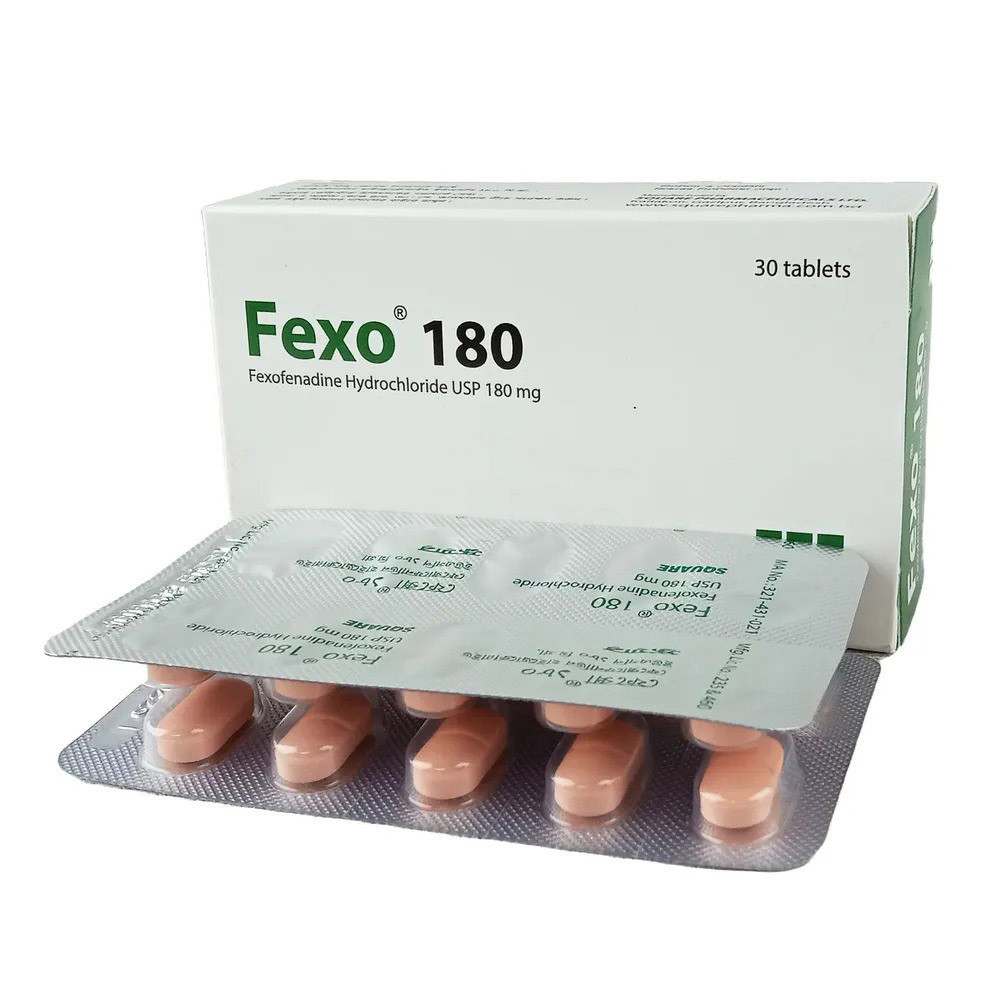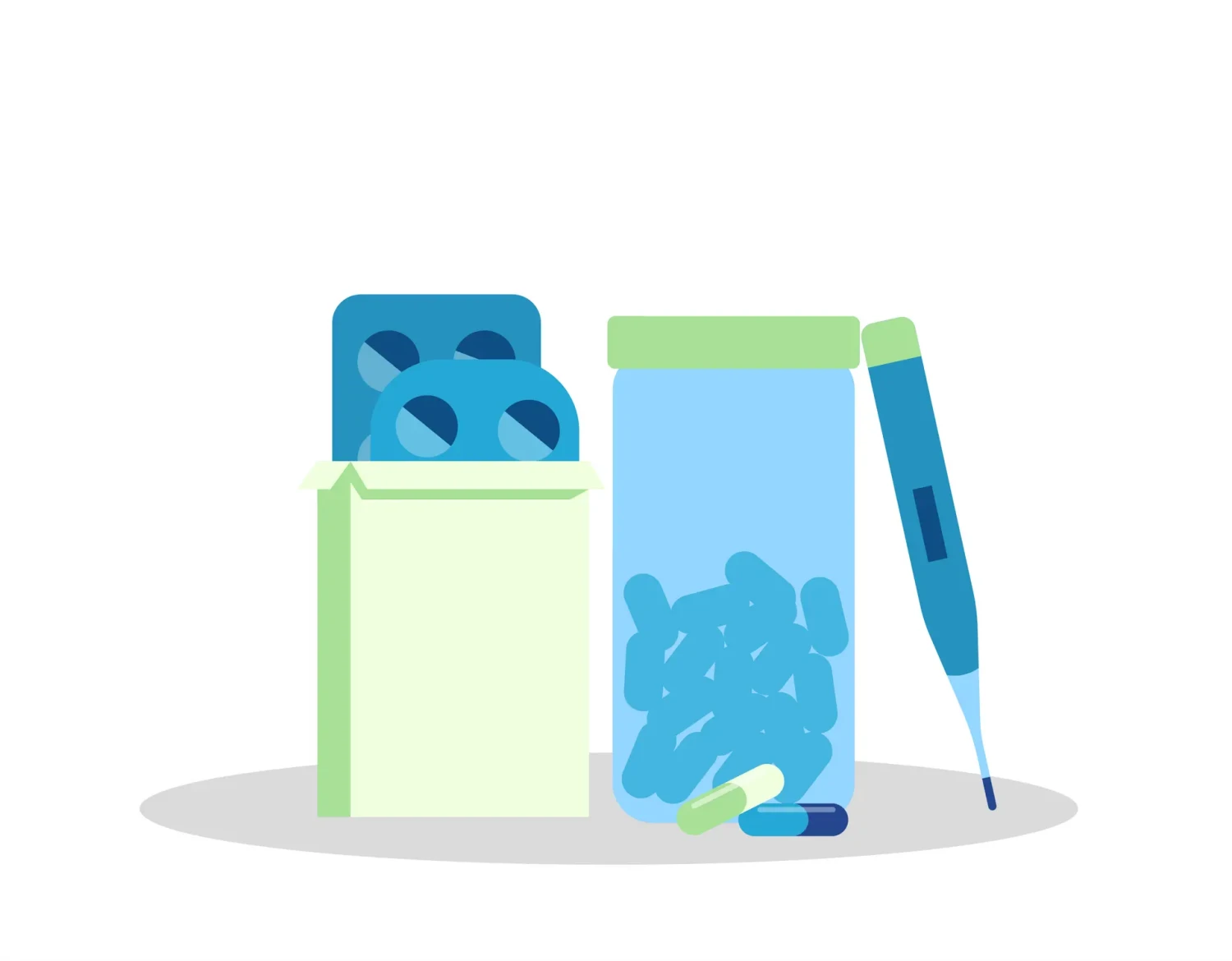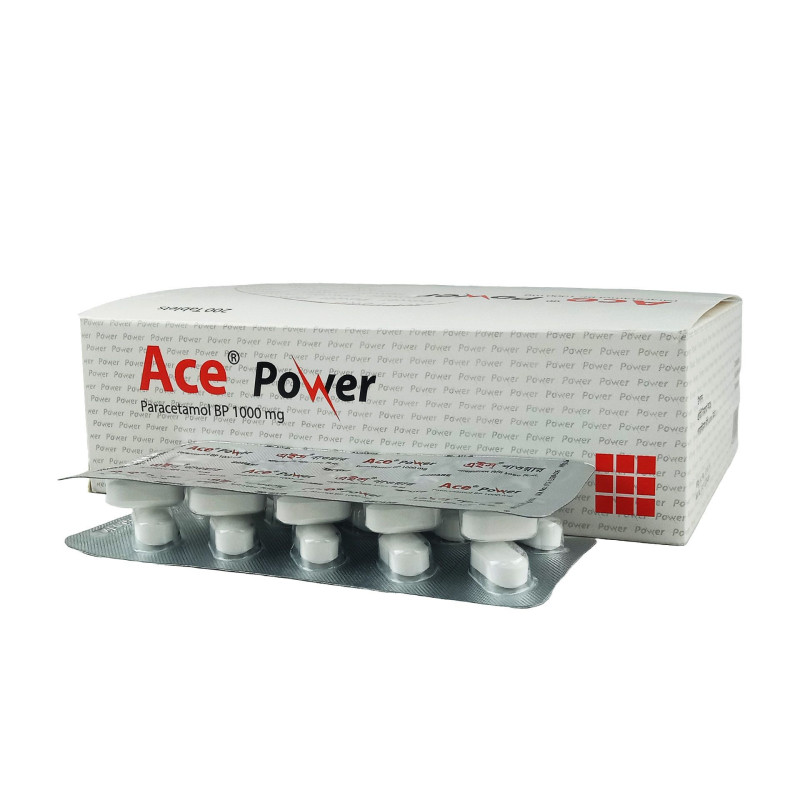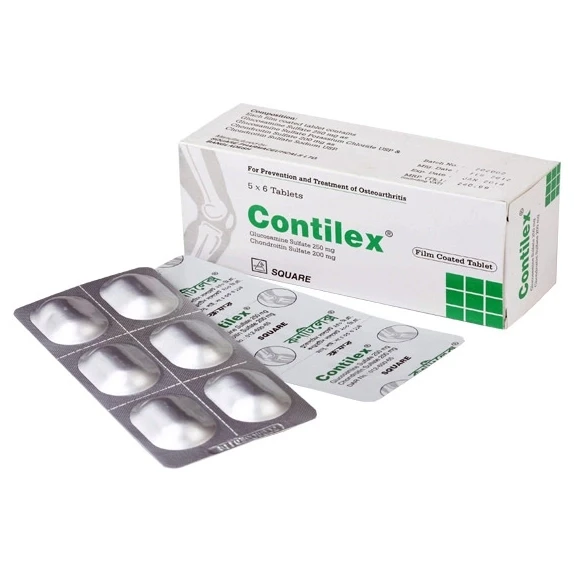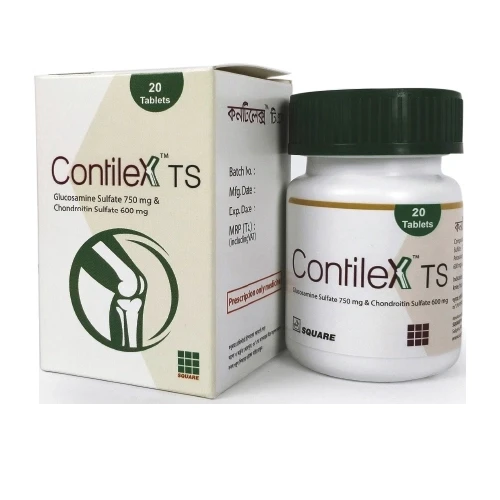

Thyrin Tablet, Levothyroxine Sodium 50 mcg
Inhouse product
-
৳11.40
৳12.00 -
৳42.75
৳45.00 -
৳16.63
৳17.50 -
৳2.14
৳2.25
Reviews & Ratings
Indications
- As replacement therapy in
hypothyroidism of any aetiology. Replacement therapy should not be
instituted in transient hypothyroidism during the recovery phase of
subacute Thyroiditis.
- For the suppression of Thyroid
Stimulating Hormone (TSH) levels in the presence of goitres, nodules and
after radiological and/or surgical treatment of Thyroid cancer.
- For the suppression of the
goitrogenic effects of other drugs such as Lithium.
- As a diagnostic aid in
suppression tests.
* রেজিস্টার্ড চিকিৎসকের পরামর্শ মোতাবেক ঔষধ সেবন করুন'
Pharmacology
This tablet contains
synthetic Levothyroxine (also called Thyroxine or T4) which is identical to the
natural hormone T4, produced in the Thyroid gland. About 30% of T4 is converted
to the much more active Triiodothyronine (T3) in peripheral tissues. TBG
(Thyroxine Binding Globulin) is the major carrier of T4. This binding protects
T4 from metabolism and excretion resulting in its long half-life in the
circulation. Only about 0.03% of total T4 in plasma is unbound. The half-life
of elimination of T4 is 6 to 7 days. In hyperthyroidism, the half-life is
shortened to 3 or 4 days, whereas in hypothyroidism it may be 9 to 10 days. In
conditions associated with reduced protein in plasma as in nephrosis or hepatic
cirrhosis or when binding to protein is inhibited by certain drugs the
half-life of T4 may be shortened. The liver is the major site of degradation of
Thyroid hormones. T4 is conjugated with Glucuronic and Sulphate conjugates
through the Phenolic hydroxyl group and excreted in the urine.There is an
enterohepatic circulation of the Thyroid hormones, since they are liberated by
hydrolysis in the intestine and reabsorbed. Because of the long half-life of
T4, a steady blood level of the biologically more active T3 can be obtained
from one single daily dose of Levothyroxine. Therefore, variations in the
therapeutic effect are unlikely once the correct dosage has been established.
Dosage &
Administration
Adult
dose:
- Initial starting dose: 25-50
mcg/day, with gradual increments in dose at 6-8 week intervals, as needed.
The Levothyroxine Sodium dose is generally adjusted in 12.5-25 mcg
increments until the patient with primary hypothyroidism is clinically
euthyroid and the serum TSH has normalized.
- In patients with severe
hypothyroidism: Initial dose is 12.5-25 mcg/day with increases of 25
mcg/day every 2-4 weeks, accompanied by clinical and laboratory
assessment,until the TSH level is normalized.
- In patients with secondary
(pituitary) or tertiary (hypothalamic) hypothyroidism: Levothyroxine
Sodium dose should be titrated until the patient is clinically euthyroid
and the serum free - T4 level is restored to the upper half of the normal
range.
- For patients older than 50
years or for patients under 50 years of age with underlying cardiac
disease: 1.7 mcg/kg/day.
Pediatric
Dosage (Newborns): The recommended
starting dose is 10-15 mcg/kg/day. A lower starting dose should be considered
in infants at risk for cardiac failure and the dose should be increased in 4-6
weeks as needed based on clinical and laboratory response to treatment. In
infants with very low (<5 mcg/dL) or undetectable serum T4 concentrations,
the recommended initial starting dose is 50 mcg/day of Levothyroxine Sodium.
Pediatric Dosage
(Infants and Children):
In children with chronic or severe hypothyroidism, initial dose of 25 mcg/day
with increments of 25 mcg every 2-4 weeks until the desired effect is achieved.
Hyperactivity in an older child can be minimized if the starting dose is
one-fourth of the recommended full replacement dose and the dose is then
increased on a weekly basis by an amount equal to one-fourth the full
recommended replacement dose until the full recommended replacement dose is
reached.
- 0-3 months: 10-15 mcg/kg/day
- 3-6 months: 8-10 mcg/kg/day
- 6-12 months: 6-8 mcg/kg/day
- 1-5 years: 5-6 mcg/kg/day
- 6-12 years: 4-5 mcg/kg/day
- >12 years but growth and
puberty incomplete: 2-3 mcg/kg/day
- Growth and puberty complete:
1.7 mcg/kg/day.
The dose should be
adjusted based on clinical response and laboratory parameters.
* রেজিস্টার্ড চিকিৎসকের পরামর্শ মোতাবেক ঔষধ সেবন করুন'
Interaction
Concurrent use of
tri/tetracyclic antidepressants and Thyrin may increase the therapeutic and
toxic effects of both drugs, possibly due to increased receptor sensitivity to
catecholamines.Toxic effects may include increased risk of cardiac arrhythmias
and CNS stimulation; onset of action of tricyclics may be accelerated.
Administration of sertraline in patients stabilized on Thyrin may result in
increased Thyrin requirements. Addition of Thyrin to antidiabetic or insulin
therapy may result in increased antidiabetic agent or insulin requirements.
Careful monitoring of diabetic control is recommended, especially when thyroid
therapy is started, changed, or discontinued. Serum digitalis glycoside levels
may be reduced in hyperthyroidism or when the hypothyroid patient is converted
to the euthyroid state. Therapeutic effect of digitalis glycosides may be
reduced.
Contraindications
- Untreated subclinical or overt
Thyrotoxicosis of any etiology
- Acute Myocardial Infarction
- Uncorrected Adrenal failure.
Side Effects
Adverse reactions
associated with Thyrin therapy are primarily those of hyperthyroidism due to
therapeutic overdose. They include the following:
- General: Fatigue, increased
appetite, weight loss, heat intolerance, fever, excessive sweating;
- Central nervous system:
Headache, hyperactivity, nervousness, anxiety, irritability, emotional
lability, insomnia.
- Musculoskeletal: Tremors,
muscle weakness.
- Cardiovascular: Palpitations,
tachycardia, arrhythmias, increased pulse and blood pressure
- Respiratory: Dyspnea.
- Gastrointestinal: Diarrhea,
vomiting, abdominal cramps.
- Dermatologic: Hair loss,
flushing.
Pregnancy &
Lactation
Pregnancy Category A.
Pregnancy may increase Levothyroxine requirements. Although Thyroid hormones
are excreted only minimally in human milk,caution should be exercised when it
is administered to a nursing woman.However, adequate replacement doses of Levothyroxine
are generally needed to maintain normal lactation.
Precautions &
Warnings
- In patients whose
hypothyroidism is due to a decrease in pituitary gland function, there may
also be adrenocortical insufficiency;before starting Thyrin therapy, this
should be treated by adequate replacement with Corticosteroids to prevent
acute adrenal insufficiency.
- The choice of the starting dose
and of any increases in dosing should be made with great care in patients
with cardiovascular disease and/or severe and long-existing
hypothyroidism.Too high an initial dose or too rapid an increase in dosing
may lead to development or worsening of angina complaints, arrhythmias,
myocardial infarction, cardiac failure or to sudden increase in blood
pressure, especially in older patients.
- Any marked change of body
weight during treatment with T4 requires adjustment of the dosage.
- When monitoring blood levels of
T3 and T4, it should be borne in mind that a "high" normal to
slightly increased T4 level will be necessary in order to obtain a normal
level of T3. The correct dosage of Thyrin in primary hypothyroidism should
generally be established by monitoring the serum level of TSH to see
whether it has normalized. Because intoxication with Thyroid preparations
may have serious consequences.
Overdose Effects
The signs and symptoms
of overdose are those of hyperthyroidism - agitation, confusion, irritability,
hyperactivity, headache, sweating, mydriasis, tachycardia, arrhythmias,
tachypnoea, pyrexia, increased bowel movements and convulsions. Cerebral
embolism, shock, coma, and death have been reported. Symptoms may not
necessarily be evident or may not appear until several days after ingestion of
Thyrin. Dose of Thyrin should be reduced or temporarily discontinued if signs
or symptoms of overdosage occur. Treatment is symptomatic.
Therapeutic Class
Thyroid drugs &
hormone
Storage Conditions
Store below 30°C and
dry place, protect from light. Keep out of the reach of children.
Frequently Bought Products
Balovir Tablet, Baloxavir Marboxil 40 mg
Tory Tablet, Etoricoxib 120 mg
Livacol Tablet, Obeticholic Acid 10 mg
Cefopen IM/IV Injection 1gm, Cefoperazone Sodium 1 gm/vial
Calbostar Tablet, Calcium Orotate 740 mg
Geston Tablet, Allylestrenol 5 mg
Perkinil Tablet, Procyclidine Hydrochloride 5 mg
Product Queries (0)
Login Or Registerto submit your questions to seller
Other Questions
No none asked to seller yet
-
৳11.40
৳12.00 -
৳42.75
৳45.00 -
৳16.63
৳17.50 -
৳2.14
৳2.25
